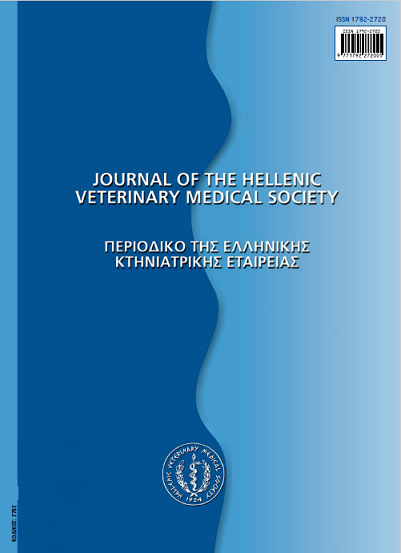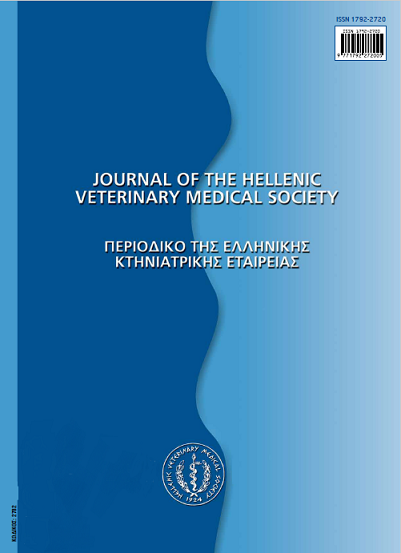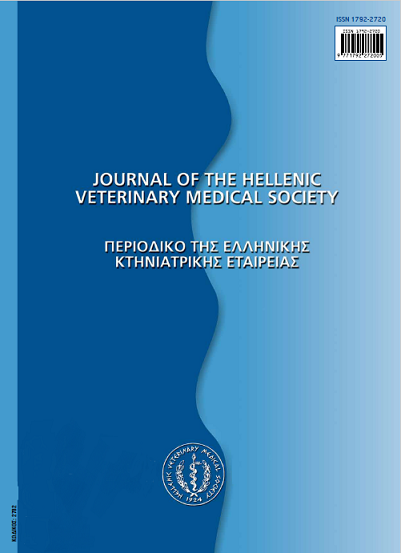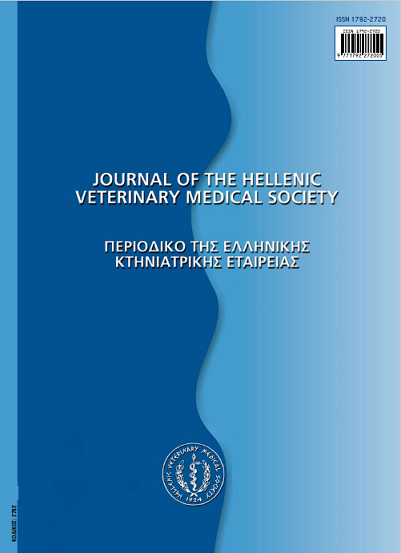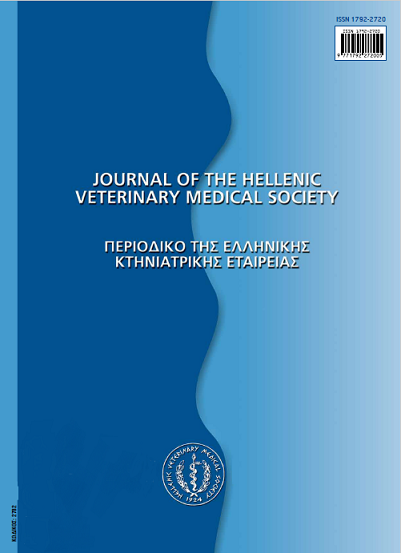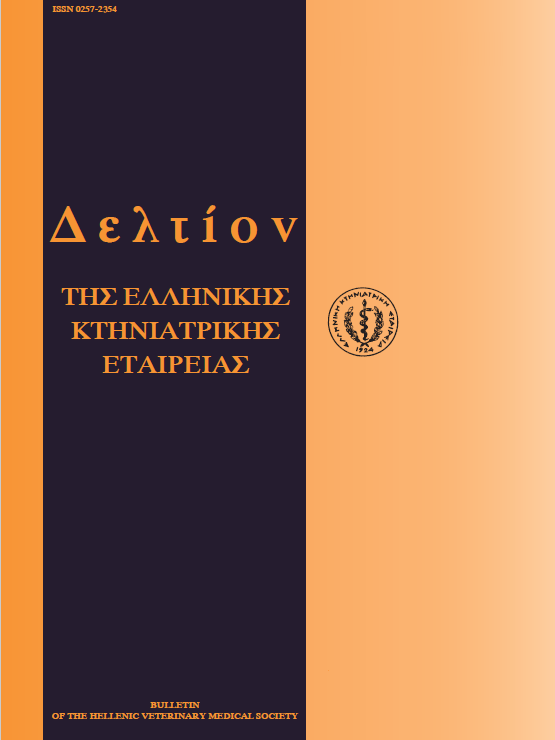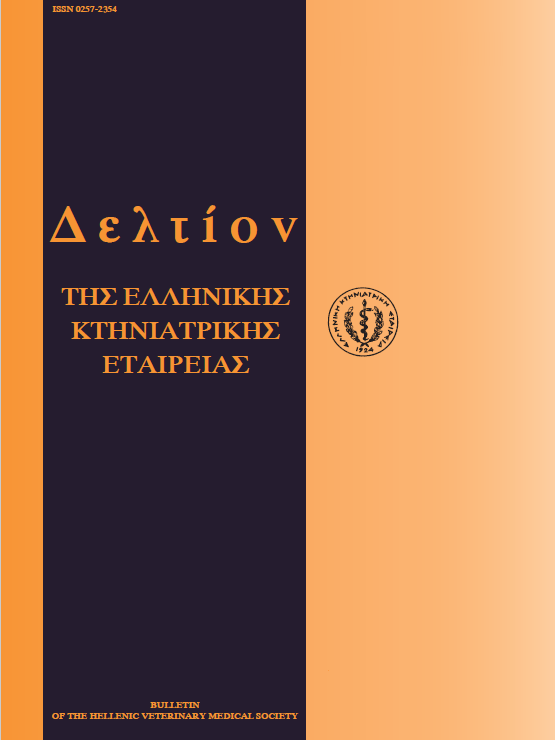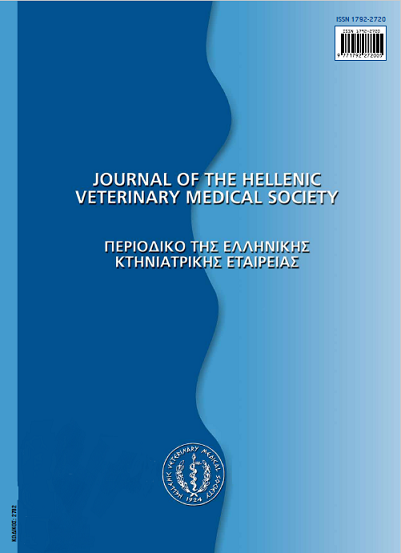The sunflower oil and the sunflower meal in animal nutrition
Resumen
The sunflower plant (Helianthus annuus) is an annual herbaceous plant of the Asteraceae family. It is grown primarily for its seeds, the sunflower oil and the sunflower meal obtained from it, but also as an ornamental plant, as feed and as fuel. The sunflower seed is comprised from the husk on the outside and the kernel on the inside, whereas depending on the oil content it is categorised in two varieties, one with low oil content (average 25%) and another with high oil content (40% - 51%). The sunflower oil is high in unsaturated fatty acids, vitamin E and plant sterols and low in saturated fatty acids. The fatty acids composition of the sunflower oil depends mainly on the variety of the sunflower seeds and thus the sunflower oil is categorised in linoleic sunflower oil or classic (with high polyunsaturated fatty acids content), oleic sunflower oil or High-oleic (with a high monounsaturated fatty acids content) and middle oleic sunflower oil or NuSun (with an intermediate oleic acid content). It is marketed as raw oil or refined oil. The sunflower oil is added to the rations of farm animals in order to increase their energy content and to meet their essential fatty acids needs. Nowadays, many researchers study its effect on the composition of milk, meat and eggs produced from farm animals, in order to obtain characteristics more desirable for the human consumers, such as higher concentration of unsaturated omega-3 and omega-6 fatty acids, as well as higher concentration of conjugated linoleic acid (CLA). The sunflower meal is the main byproduct of the sunflower seeds after oil extraction. Sunflower meal may differ in color and texture, as well as in their chemical composition, depending on the variety of the sunflower, the degree of hull removal and the method of treatment. The crude fiber content varies from 12% to 32%, the crude protein from 24% to 44% and the ether extract from 1% to 10%. It also contains a significant amount of vitamins and non-starch polysaccharides. The sunflower oil and the sunflower meal can be used in the nutrition of both monogastric animals and ruminants.
Article Details
- Cómo citar
-
BONOS (Ε. ΜΠΟΝΟΣ) E., CHRISTAKI (Ε. ΧΡΗΣΤΑΚΗ) E., & FLOROU-PANERI (Π. ΦΛΩΡΟΥ-ΠΑΝΕΡΗ) P. (2017). The sunflower oil and the sunflower meal in animal nutrition. Journal of the Hellenic Veterinary Medical Society, 62(1), 58–70. https://doi.org/10.12681/jhvms.14836
- Número
- Vol. 62 Núm. 1 (2011)
- Sección
- Review Articles
Authors who publish with this journal agree to the following terms:
· Authors retain copyright and grant the journal right of first publication with the work simultaneously licensed under a Creative Commons Attribution Non-Commercial License that allows others to share the work with an acknowledgement of the work's authorship and initial publication in this journal.
· Authors are able to enter into separate, additional contractual arrangements for the non-exclusive distribution of the journal's published version of the work (e.g. post it to an institutional repository or publish it in a book), with an acknowledgement of its initial publication in this journal.
· Authors are permitted and encouraged to post their work online (preferably in institutional repositories or on their website) prior to and during the submission process, as it can lead to productive exchanges, as well as earlier and greater citation of published work.

